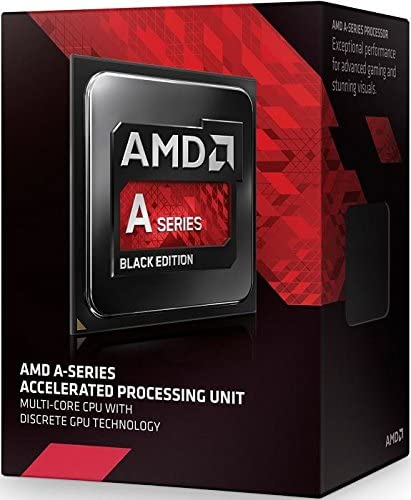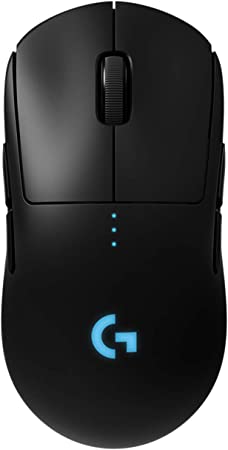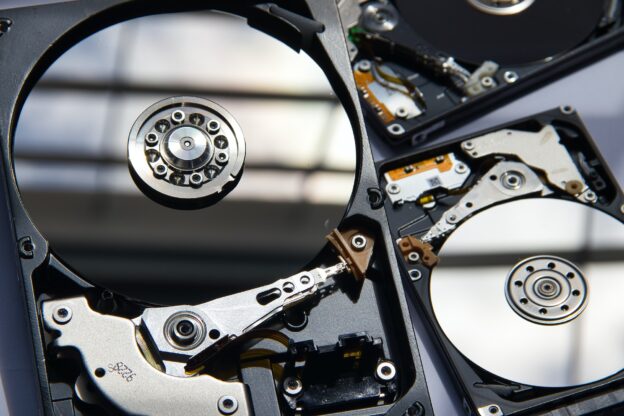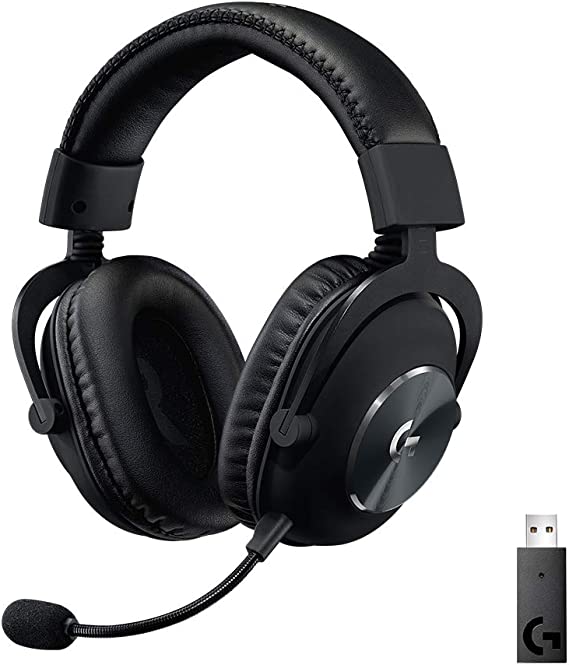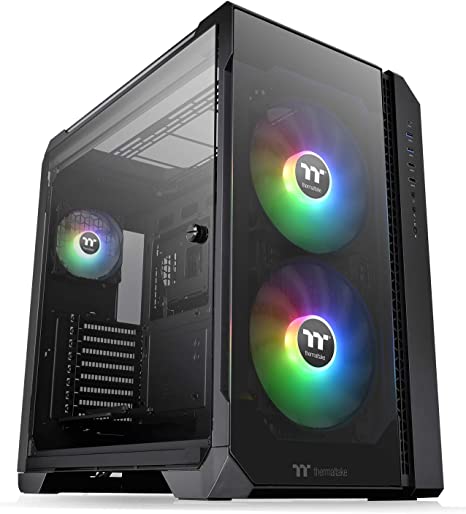If you are building a new PC or even upgrading your disk space on an existing PC, you may be wondering about
RAID for HDDs or SSDs. You may also be wondering how a single SSD compares to RAID. In this post, we will compare the 3 options of SSD Raid, HDD Raid, and a singe SSD when it comes to personal use. This post won’t go into Raid for servers or mission critical situations.
Single SSD vs HDD Raid
If you are comparing a single SSD to a RAID 0 HDD setup, which is faster? This is probably the biggest question that most computer enthusiasts are wondering about. After quite a bit of research, I kept finding that the single SSD drive was quite a bit faster than the HDD raid 0 setup. Most benchmarks show the single SSD being somewhere around 50-100% faster than the RAID 0 HDDs. To go along with this, many of these benchmarks were from a few years ago or at least a year ago. This is important because SSDs continue to get faster and faster while HDDs have pretty much been the about same speed for awhile now. So, when it comes to speed, the single SSD wins.
If you need a ton of storage space for a cheap price, then you can consider a HDD Raid setup. However, SSDs are starting to get pretty inexpensive nowadays too. You may also be considering a RAID setup for backup purposes. In my opinion, if this is just your home PC, you will be better off just going with an SSD and backing up your data. SSDs are a lot more reliable than HDDs and backing up data is pretty simple to automate.
Another factor to consider is that installing a single hard drive is always easier than trying to setup RAID. A single hard drive is usually just plug and play, whereas, setting up RAID requires more of an effort.
SSD Raid vs HDD Raid
If you are set on a Raid setup, you may be trying to figure out whether to go with an SSD Raid setup or a HDD Raid setup. There are multiple things to consider here. First, the cost per GB will be a lot less expensive for HDD Raid. HDD drives are just cheaper to buy and with RAID, you will need quite a few of them.
The next thing to consider is performance. It is likely no surprise that SSD Raid is much faster than HDD Raid. As a bit of an aside, high-end SSDs are getting so fast, that you may not really notice much of a difference when comparing a single SSD to SSD Raid during everyday tasks. So, unless you have a specific reason for this extra performance, you are likely better off spending your money on a better CPU, GPU, or more memory.
The last thing to consider when comparing SSD to HDD Raid is reliability. Honestly, this is kind of anyone’s guess at this point. SSDs do wear out over time if they have been written to too much. However, this limit is very high. On the other hand, HDDs are mechanical and are prone to failure. So, I don’t think either setup really has a major edge when it comes to reliability.
Recommendation
So, what is right for you? For most users, I would recommend a single SSD when comparing to Raid. For the average person, it just isn’t worth the cost or hassle to setup Raid. If you have a sizable budget, you could simply go for a high-end, high capacity SSD. If you are an individual who needs a ton of cheap storage with some redundancy, then maybe you should consider HDD Raid. I will also say that this post is looking at how Raid applies to personal PCs. A mission critical server that needs 100% uptime and data redundancy is out of the scope of this post.
Do you have anything to add to this topic? If so, let us know in the comments!
#mc_embed_signup{background:#fff; clear:left; font:14px Helvetica,Arial,sans-serif; }
/* Add your own MailChimp form style overrides in your site stylesheet or in this style block.
We recommend moving this block and the preceding CSS link to the HEAD of your HTML file. */
Stay up to date with the Latest Tech Tips, Hardware Guides, and our Exclusive Giveaways!
(Don't worry, we won't spam you)

